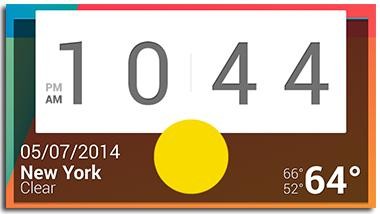Its sun's name is Tau Ceti, visible to
the naked eye and the planet is one of five in its orbit, thought to
have the conditions to support life. Tau Ceti, identical to:: the Earth's
Sun, is a mere 12 light years away, just 120 trillion kilometres. The
breaking news is that one of these five planets is thought to contain
water. And life.
The news comes in the next edition of
Astronomy and Astrophysics which provides further information on the
planets around Tau Ceti after 6,000 observations were performed with
three different telescopes. The five Tau Ceti planets are thought to
vary between two to six times the size of Earth and one of these is
thought, like Earth, to be in the "habitable zone" around the sun.
This zone is also known as the
Goldilocks Zone being not too hot or too cold to have liquid water on
the surface, and therefore have the conditions to support life.
Astronomers hope, as a next stage, to study the atmospheres of these
planets.
Tau Ceti has been observed by humans
with the naked eye for centuries, appearing as a third-magnitude star.
The name is the Bayer designation, after the German astronomer Johann
Bayer. The habitable planet is stable, like its sun and would have
similar characteristics to the Earth, given that its solar analog is
virtually the same.
The same star was referred to as Thalith
al Na'amat in the Arabic Calendarium of Al Achsasi al Mouakket, written
around 1650 in Cairo and in Chinese, it is referred to as Tian Cang Wu
(The Firth Star of the Square Celestial Granary).
The sun and its planets have been a
source of constant interest from astronomers searching for celestial
bodies which have the conditions to support life.



No comments:
Post a Comment